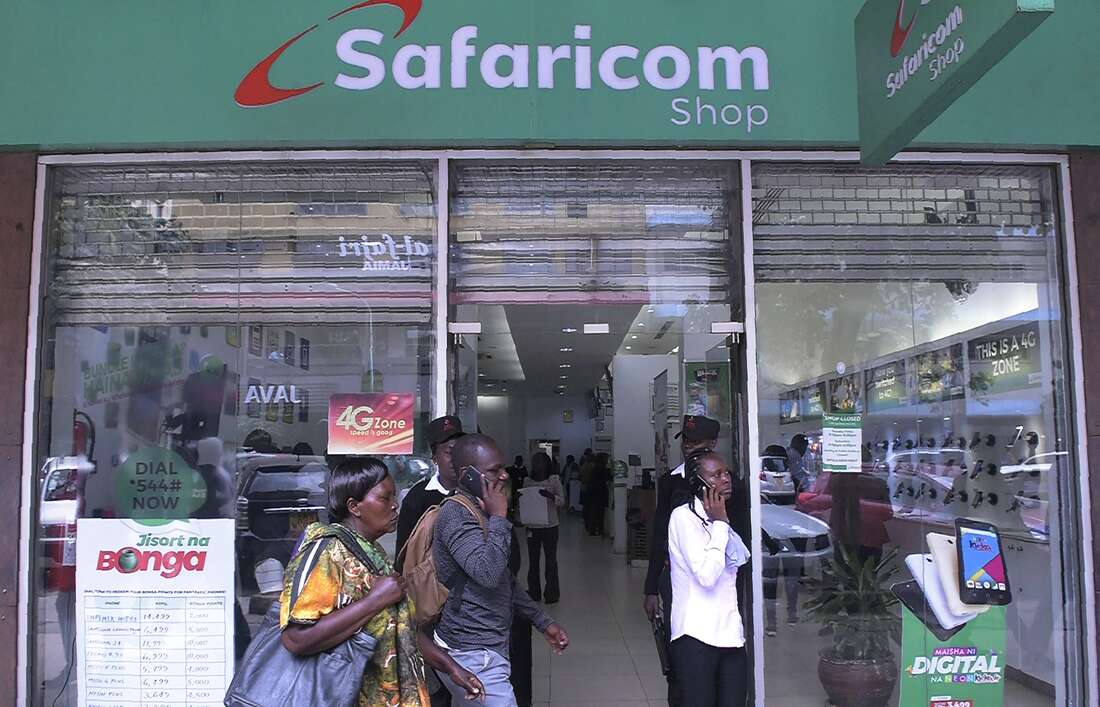Business
Ethiopia unit Under the Control of Safaricom

The International Finance Corporation (IFC) will acquire less than a 10% stake in Safaricom Ethiopia as part of a $257 million (Sh35.3 billion) cash injection split evenly between debt and equity.
By dividing the amount between debt and equity, Safaricom, which owns 55.7 percent of the Ethiopian unit, will retain a controlling stake.
Safaricom CFO Dilip Pal stated that IFC’s equity investment will be limited to $157 million (Sh21.6 billion), with the remaining $100 million (Sh13.7 billion) injected as debt.
“With IFC coming in, all the consortium members will be diluted in terms of our equity investment, but we will continue to hold the majority shareholding. On the debt side, they are coming in and adjusting our capital structure,” said Mr Pal.
While Sumitomo Corporation and British International Investment (formerly CDC Group) control 27.2 percent and 10.9 percent of Safaricom Ethiopia, respectively, Vodacom Group owns 6.19 percent of the company.
According to Peter Ndegwa, the CEO of Safaricom, the telco is satisfied with the IFC deal’s structure because it does not intend to cede ownership of the company’s operations in the Horn of Africa nation.
“We are going to cede some of this shareholding, but our commitment is that we will never go below controlling stake. So, if IFC came in, they would have a number which is less than 10 percent,” said Mr Ndegwa.
“We will never lose control, based on all the agreements we have with all the shareholders, regardless of what happens.”
After paying $850 million (Sh116.8 billion) in telecommunications license fees, Safaricom and its partners began conducting business last October.
At one point, the telco was also in discussions with the US International Development Finance Corporation (DFC), an American sovereign wealth fund, regarding a loan of up to $500 million (Sh69 billion) for the Ethiopian company.
Mr. Pal claims that the conversation came to an end when IFC closed the deal.
“DFC discussion stopped at some point because of our more engaged discussion with IFC. Basically, we had a choice between IFC and DFC and I think IFC was more interested,” said Mr Pal.
In the current fiscal year, Safaricom anticipates investing between Sh40 billion and Sh45 billion in the Ethiopian division.
When compared to the fiscal year that ended in March 2023, spending totalled $55.6 billion.
On May 11, the telco received a license for mobile money in Ethiopia after paying $150 million (Sh20.6 billion) in investment license fees.
Ethiopian mobile money would raise M-Pesa’s profile even more, as it has been increasing its share of Safaricom’s revenue mix ever since its 2007 launch.
Between October of last year and the end of March, Safaricom Ethiopia added roughly three million new customers, established a distributor network with over 114 outlets, and covered 22 regions with roughly 1,300 network sites.
The Ethiopian unit made Sh1.83 billion in sales but spent Sh19.95 billion on operating expenses, resulting in a loss after taxes of Sh12.2 billion.
The Ethiopia unit has received $1.24 billion (Sh170 billion) in investments from the shareholders so far, with Safaricom contributing $690 million (Sh94.8 billion). The projected capital expenditure over the next five years could reach $2 billion (Sh275 billion).
Safaricom’s net profit fell by 22.2 percent to Sh52.48 billion for the fiscal year that ended in March 2023 from Sh67.49 billion the year before, primarily due to higher operating costs in Ethiopia.
The telco’s net earnings fell for the third year in a row from their peak of Sh73.66 billion in the year ended March 2020, and they reached their lowest level since Sh48.44 billion in 2017.











